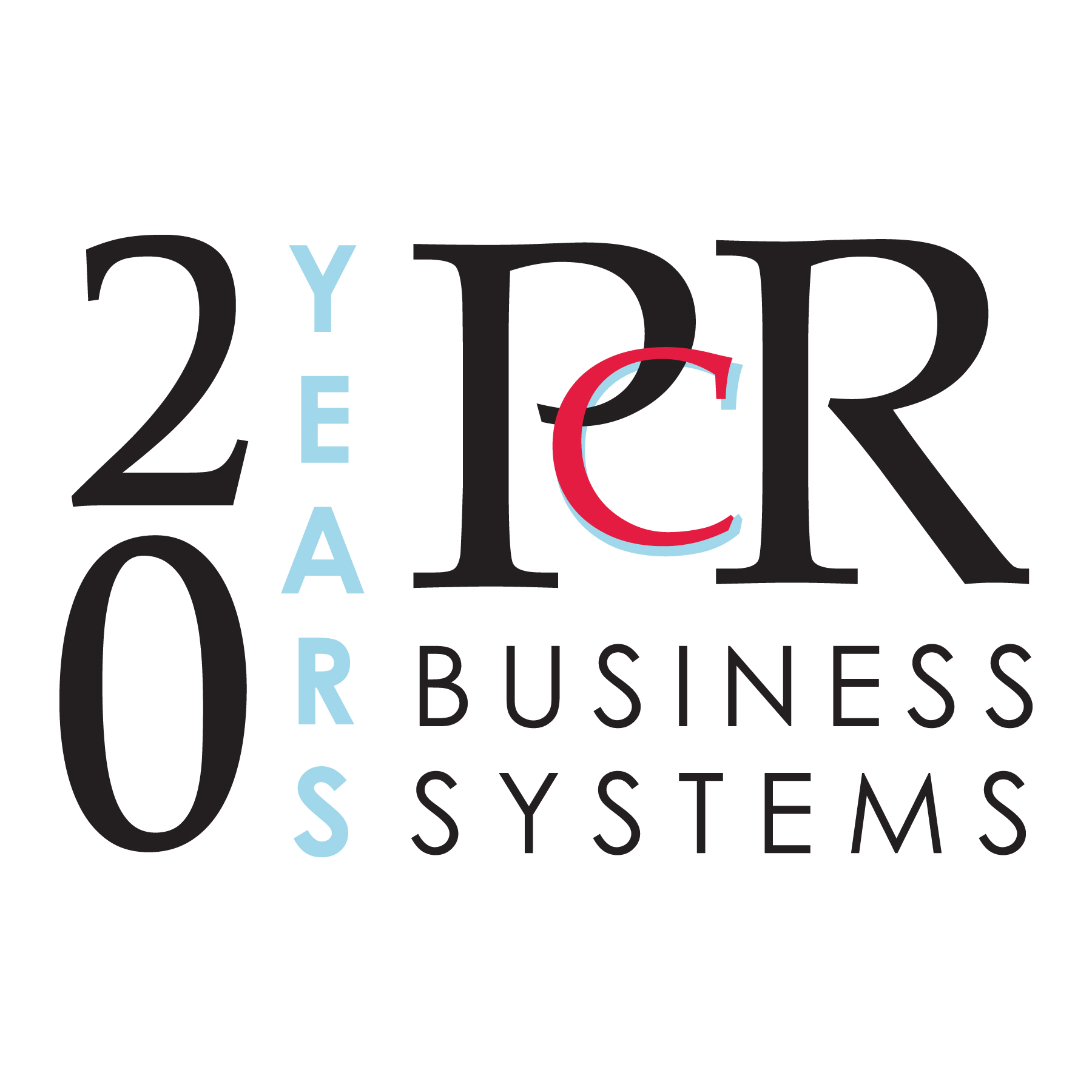Cloud computing has become a well-established norm in the business world. The level of flexibility, scalability, and improved productivity the cloud offers has helped it become an invaluable tool for most organizations. However, different cloud platforms offer different benefits. This has led to a rise in organizations utilizing more than just a single cloud environment.
Multi-Cloud Management Solutions
It’s not uncommon for an organization to use multiple clouds for its operations. The only problem is, when you use more than one cloud environment, things can get a little messy. But, before getting into managing a multi-cloud solution, let’s first talk about the difference between multi and hybrid clouds.
Multi-Cloud vs Hybrid Cloud
As the name suggests, a multi-cloud environment makes use of multiple clouds. If you know what a hybrid cloud is, this may sound a little familiar. It’s easy to confuse the two, but these solutions are, in fact, different from each other. To prevent confusion, it’s worth your time to learn the differences.
A hybrid cloud refers to a combination of public and private environments that are balanced using orchestration tools to deploy workloads. Offered by a single provider, you are essentially relying on one platform and using the other in spurts as needed. By contrast, a multi-cloud solution has a more strategic emphasis. This is where an organization uses multiple cloud providers to address different technical needs.
How to Manage Multiple Cloud Solutions
Cloud providers all have their strengths and weaknesses, which is something that can make choosing a solution difficult. As a result, there’s a temptation to use more than one cloud provider to solve various IT challenges. However, this creates unwanted complexity in your network.
To alleviate your organization from this complexity, you can use cloud management services offered by a third-party vendor. Managed IT Service Providers, like PCR Business Systems, have tool platforms that help remove complexities and allow for cloud collaboration. These tools include strategic planning, testing, and technology updates.
Cloud Collaboration Benefits
- Avoid vendor lock-in: Lock-in is a real concern many organizations face when choosing a cloud platform. If your applications are built to work on one cloud solution, you could find your business stuck with that one solution.
- Reduce Costs: Having more than one platform allows you to select which specific cloud services that meet your needs and fit your budget.
- Lower risk of DDoS attacks: A distributed denial of service attack is when multiple computer systems attack a server, website, or network resource. Single cloud solutions are easily susceptible to these types of attacks.
Manage Your Multi-Cloud Environment
Multi-cloud management can be complicated. You don’t have to handle it all by yourself. PCR Business Systems specializes in IT cloud solutions and we’ve helped numerous clients take advantage of multi-cloud environment benefits.
To learn more about our services, contact us today.



